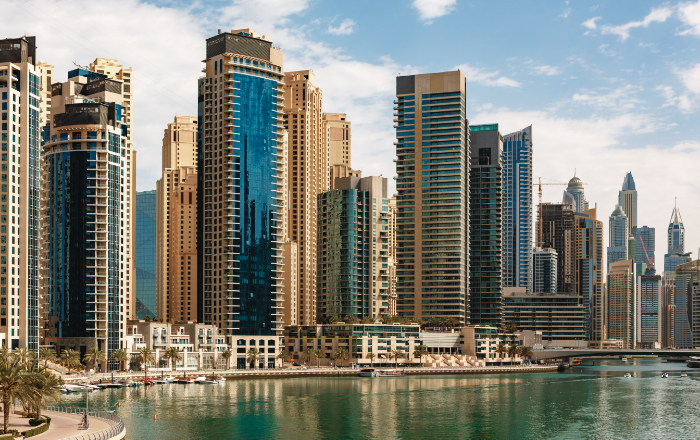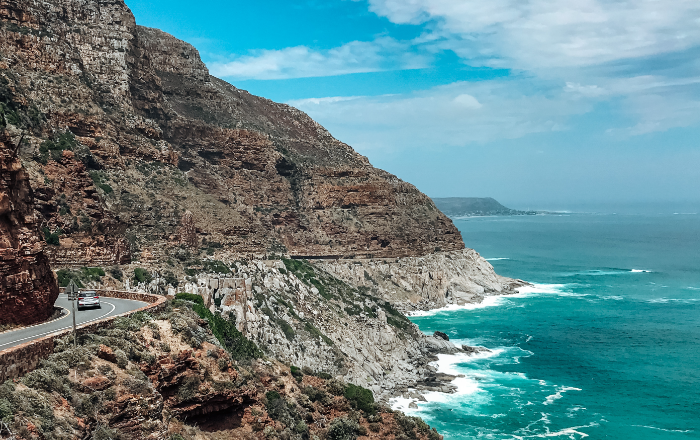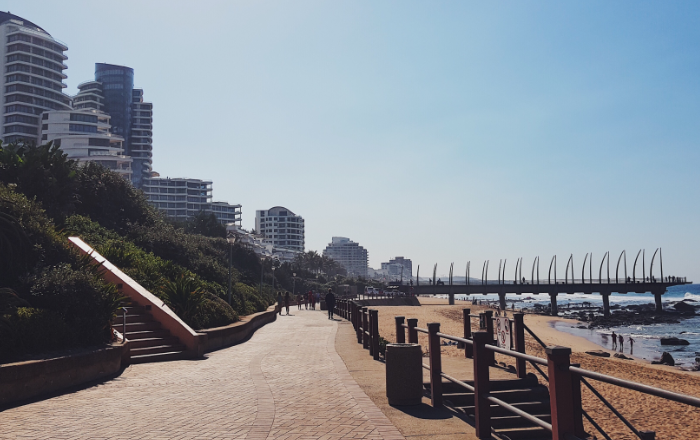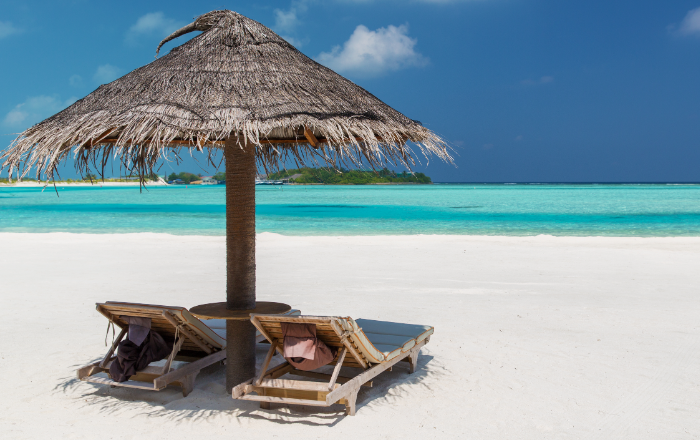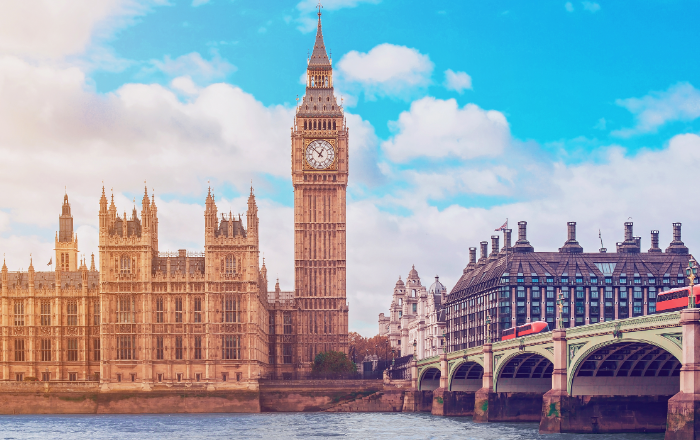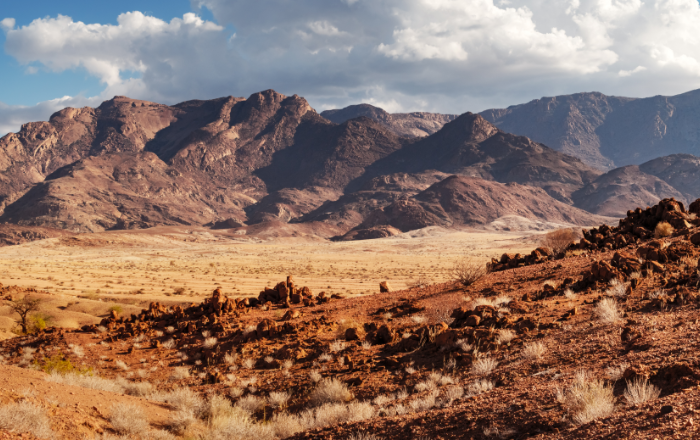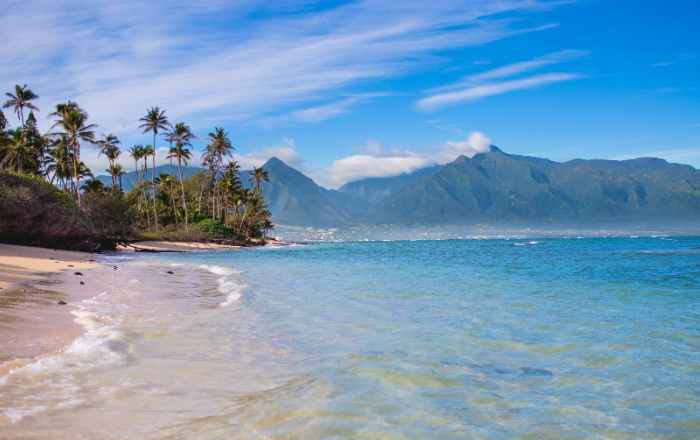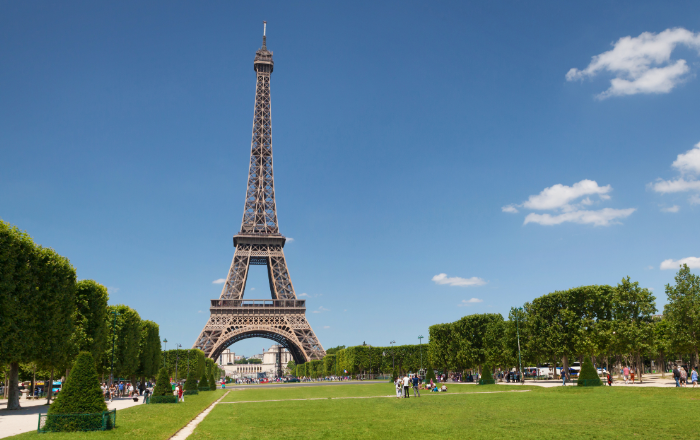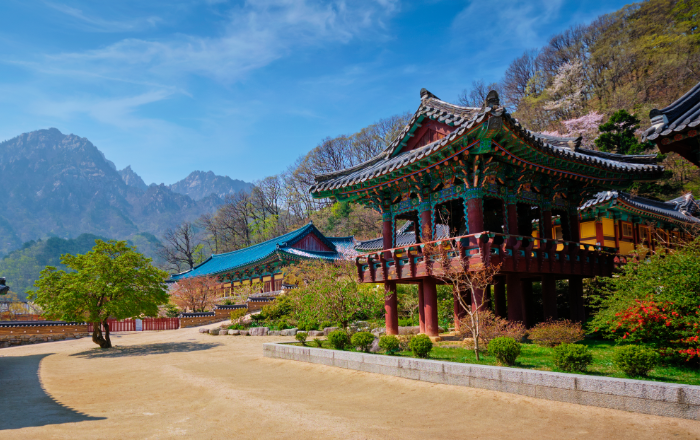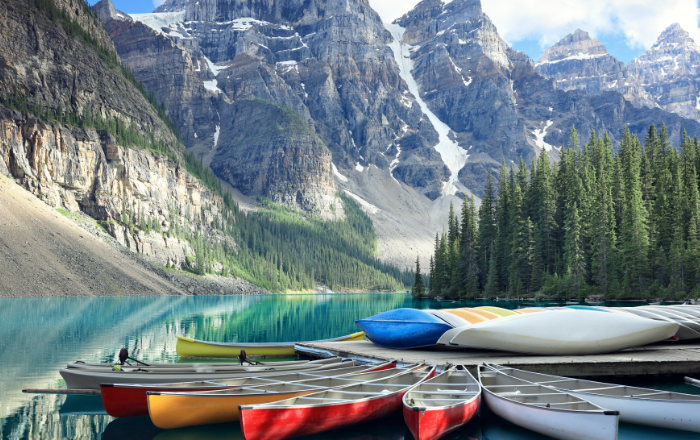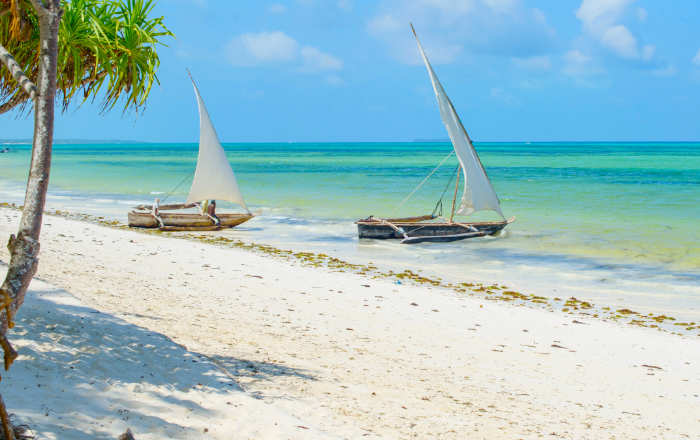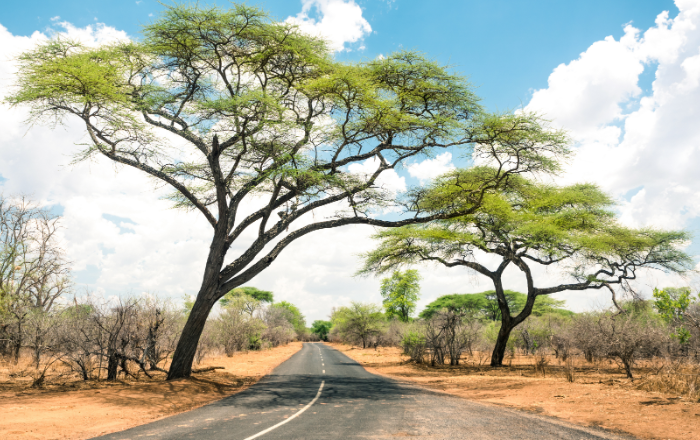Flight tickets from Polokwane to Windhoek
Welcome to Windhoek, the modern, vibrant capital of Namibia! As one of the oldest cities in the country, Windhoek has a history steeped in culture and traditions that can be seen and experienced today. This beautiful city is home to a fascinating blend of African, German, and Afrikaner cultures, as well as unique local customs and eclectic architecture. Whether you’re looking for adventure, relaxation, or sightseeing, Windhoek has it all! From the magical uniqueness of the Kalahari Desert to the historical architecture of the city’s buildings, from the vibrant marketplaces to the tranquil parks, there’s something for everyone. You’re sure to fall in love with the wonder and beauty of this amazing city.
Getting to Know Windhoek
Windhoek is the capital and largest city of Namibia. According to the 2021 census, the population of Windhoek was 392,000. The primary language spoken is English, with Afrikaans being the second most often spoken language. The local currency is the Namibian Dollar and the official time zone is GMT +2 hours. Windhoek has a semi-arid climate and receives an average annual rainfall of only 300 mm (12 in). The temperatures vary seasonally and during the summer months, temperatures can reach up to 35 C (95 F). Despite its small size, Windhoek is an important economic and cultural hub for the nation and it is the administrative and diplomatic center of Namibia.
Climate and Weather
Windhoek, the capital of Namibia, has a dry semi-arid climate with warm, sunny days, cool nights and very little precipitation. Winters (June to August) are mild and can reach up to 24°C. Summers (November to March) usually reach highs of 32°C, but can quickly rise to the forties. Rainfall is minimal and occurs mainly between December and April, and then only in the form of short, sporadic, light storms. As a result, the city is often subject to drought and water shortages. During the summer months, thunderstorms are a common occurrence, usually accompanied by strong winds. Windhoek can be subject to dust storms that usually originate in the Kalahari Desert to the southeast. Overall, the city's climate is sunny and pleasant with mild temperatures. Despite its dry climate, Windhoek is an ideal destination, especially if you're looking to escape cold winters or hot, humid summers.
Touring Windhoek: Airport and Transportation
There are two airports in Windhoek: Windhoek Hosea Kutako International Airport (WDH) and Eros Airport (ERS). You can get from the main airport (WDH) to downtown in Windhoek by car or public transport. By car, it takes about 10 to 30 minutes, depending on traffic and the distance, and costs vary depending on your choice of transportation. By public transport, bus tickets typically cost around NAD 5. Yes, you can change money at Windhoek airport. There are foreign exchange and ATM machines as well as money changers in the airport.
Exploring the Rich History and Culture of Windhoek
- Windhoek has a diverse culture and a rich history, featuring a blend of Namibian and German influences. The city has a strong architectural legacy, with a unique style combining traditional German and colonial African elements
- Tourists can explore the National Museum of Namibia, where they can learn more about Namibian history and culture. The museum also features interesting artifacts, including colonial documents and traditional Namibian pottery and clothing
- The City of Windhoek hosts a variety of festivals throughout the year, such as the Windhoek International Film Festival, which draws thousands of visitors from all walks of life. Additionally, the annual Santa Fest celebrates local traditions and culture, with music, dancing and festivities
Check the weather before buying a ticket from Polokwane to Windhoek
Q&As for booking flights from Polokwane to Windhoek
How long is the flight from Polokwane to Windhoek?
The flight from Polokwane to Windhoek is 3 hours and 45 minutes.
How far is the flight from Polokwane to Windhoek?
The flight from Polokwane to Windhoek is about 4000 kilometers.
Which airlines fly direct from Polokwane to Windhoek?
There are no airlines that fly direct from Polokwane to Windhoek.
How many airports are there in Windhoek and what are their official names.
There are two airports in Windhoek. The two airports are Hosea Kutako International Airport and Eros Airport.
How many flights are there a week from Polokwane to Windhoek?
There are four flights a week from Polokwane to Windhoek.
When is the cheapest time to buy a ticket from Polokwane to Windhoek?
The cheapest ticket price from Polokwane to Windhoek is usually around R 657. However, prices can vary depending on the time of day, route and class you book.
How can i get from the main airport to downtown in Windhoek and how much does it cost?
From Windhoek's Hosea Kutako International Airport, you can take a bus, shuttle, or taxi into the city centre. A one-way bus ticket costs about N$30 (US$2), a shuttle costs around N$100 (US$7), and a taxi starts at N$250 (US$17).
